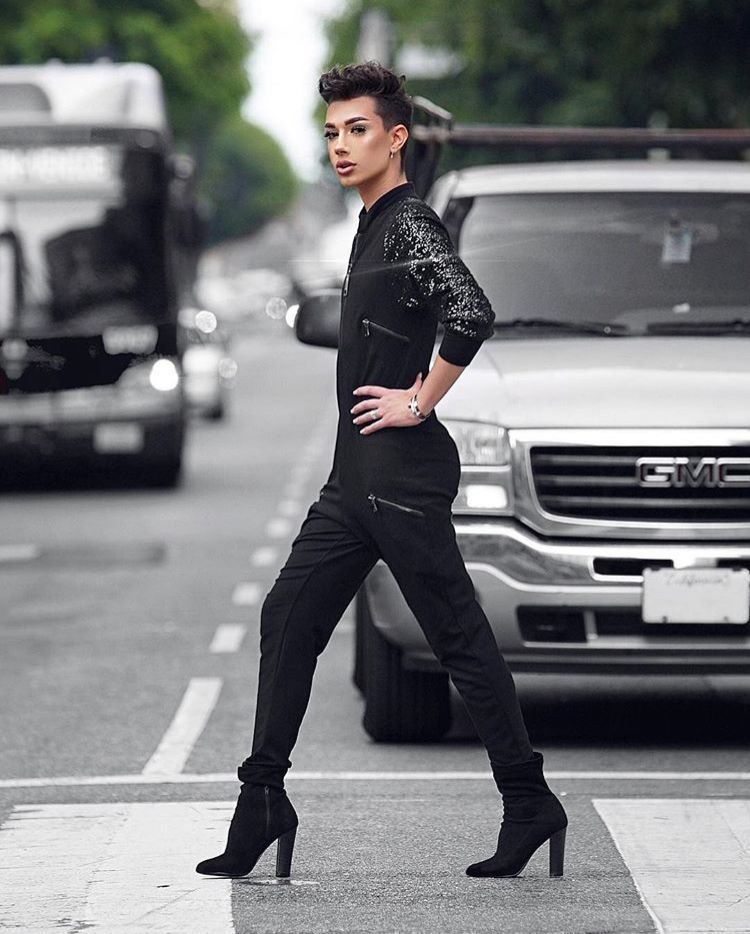In an era characterized by dynamic dialogues surrounding gender identity and expression, the intersection of faith and gender constructs becomes increasingly significant. The Bahá’í teachings, with their progressive and inclusive perspectives, offer a thought-provoking lens through which the question of divine gender can be examined. Central to this discussion is the inquiry: Is God a Woman? This article will explore Bahá’í principles that transcend traditional gender dichotomies, providing not only theological reasoning but also a transformative framework for understanding divinity.
To embark on this exploration, it is crucial to recognize that the Bahá’í Faith emphasizes the oneness of humanity and the essential unity of all creation. This ontological premise undergirds the movement away from binary gender perspectives. In Bahá’í thought, God is conceived as fundamentally beyond human characteristics, including gender. Abdu’l-Bahá, the son of the Faith’s founder, elucidates that God is “above and beyond all attributes” and that human definitions merely serve as inadequate reflections of the Divine essence. This view invites adherents to ponder the limitations of human language and concepts when attempting to encapsulate the Infinite.
Understanding God’s nature as transcendent invites a radical departure from traditional patriarchal notions prevalent in many religious doctrines. Conventional views often ascribe masculine pronouns and attributes to God, reinforcing a monolithic image of divinity that can alienate and marginalize. However, Bahá’í teachings challenge these misconceptions by positing that divine qualities such as love, compassion, and wisdom are not inherently gendered. Instead, they exist in a pure state, unconfined by human interpretations. This elevates the discourse beyond a simplistic binary of male and female and encourages a more nuanced understanding of gender as a spectrum.
Furthermore, the assertion that God embodies all qualities necessitates an examination of feminine attributes in relation to the Divine. Characteristics often deemed traditionally feminine, such as nurturing, empathy, and community orientation, are essential expressions of God’s nature. The Bahá’í perspective valorizes these qualities, prompting a reconsideration of how they are perceived within the societal context. Historically, feminine attributes have been undervalued in many cultures; however, the Bahá’í Faith reclaims and honors these qualities, suggesting that recognizing them as divine can foster a more harmonious and balanced understanding of spirituality.
Analogously, Bahá’í teachings also underscore the importance of gender equality. The concept of equality is not merely a sociocultural construct but a spiritual imperative, intricately intertwined with the very essence of creation. Bahá’u’lláh, the founder of the Faith, articulates gender equality as a cornerstone of societal advancement, asserting that “the greatest means for the promotion of a new civilization is the education of women.” This conviction harmonizes with the idea that divinity transcends gender, asserting that both men and women reflect the divine attributes in their unique expressions. By prioritizing equality, Bahá’ís advocate for the realization of a society where all individuals, regardless of gender, can contribute to spiritual and social development.
It is fundamental to understand that exploring the concept of God as a Woman does not necessitate the relegation of God to a singular gender identity. Rather, it propels an inquiry into how feminine qualities can manifest in the world, challenging patriarchal norms that have obfuscated the divine feminine for millennia. This inquiry acknowledges the recalcitrance of tradition while simultaneously advocating for an expanded understanding of divinity that encompasses both masculine and feminine dimensions. It lays the groundwork for a more inclusive spiritual discourse, where the interplay of all human experiences enriches the fabric of faith.
The implications of this exploration extend beyond theology; they provoke critical reflection on gender norms and the social institutions that sustain them. Accepting and integrating both masculine and feminine attributes within the divine narrative has the potential to transform how individuals understand themselves and their place within the spiritual realm. This transformative potential is particularly relevant in contemporary contexts, where discussions around gender fluidity and expression are gaining momentum. By embracing the pluralistic view of divinity, Bahá’í teachings advocate for a society where individuals are free to embody their authentic selves without the constraints of gender stereotypes.
In summary, the inquiry into whether God can be seen as a Woman opens a crucial dialogue within the Bahá’í framework that challenges prevailing gender norms and enriches our conception of the divine. By embracing a gender-inclusive understanding of God, Bahá’ís assert that both men and women are integral to the expression of divine attributes. This holistic approach not only nurtures spiritual growth and societal advancement but also invites a deeper contemplation of the shared human experience. The Bahá’í teachings urge humanity towards unity and understanding, irrespective of gender identity, encouraging all to partake in the boundless journey toward comprehending the Divine. As society progresses, the ongoing exploration of these themes will undoubtedly continue to evolve, promising a more inclusive and equitable understanding of spirituality that transcends conventional categorization.
